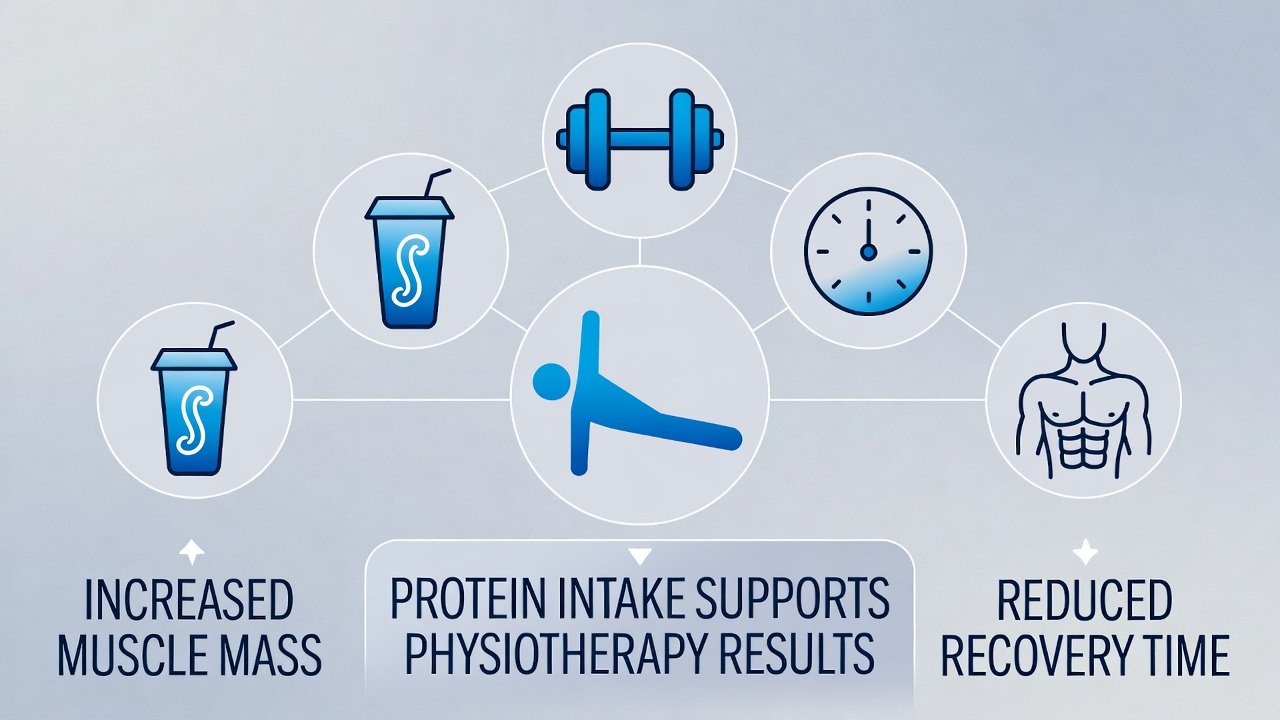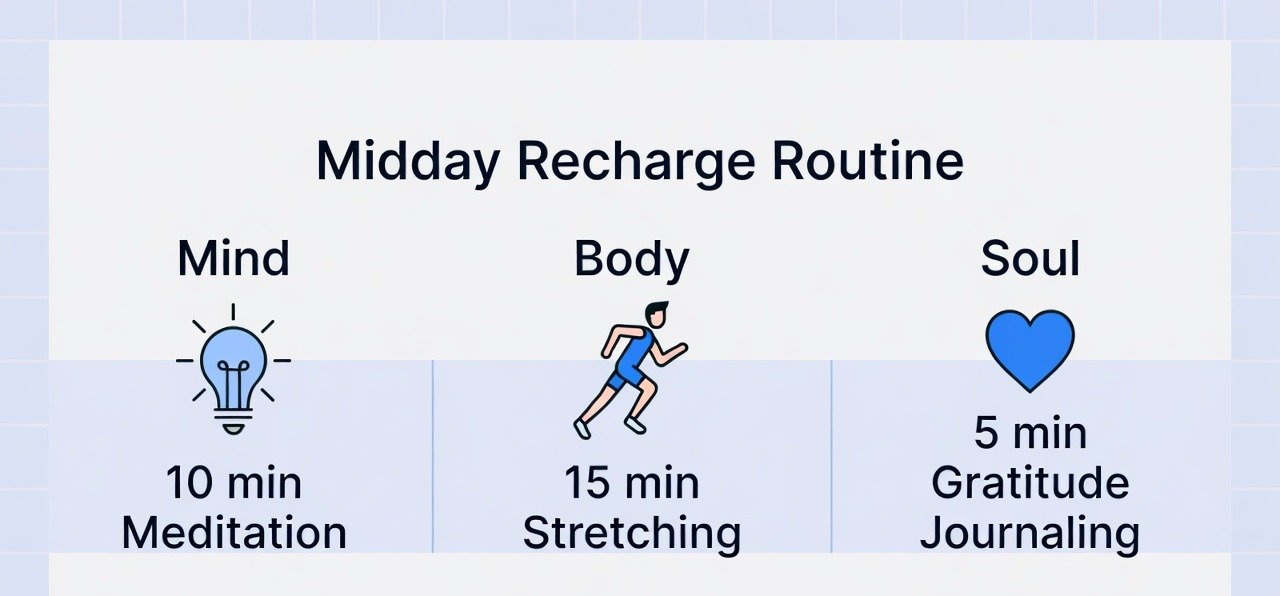Gaining solid weight can be rather difficult for some people whether it be in the form of fat or muscle. Now, there can be a few different reasons for this but to keep it simple, a fast metabolism, a small appetite, and not eating enough are the most common.
Although certain health conditions can also be a cause, in this case, we recommend following the guidance of a medical professional rather than trying to self-treat.
Now, it generally takes roughly 3,500 calories to either gain or burn one pound. So, for example, if the former is your goal, then you’ll need to ensure that after all is said and done at the end of a single week, you’ve achieved at least a 3,500 calorie surplus (500 calorie surplus per day) to have gained one pound which is typical, especially during a bulk.
However, this number will vary as 3,500 calories aren’t always completely accurate to gauge your progress as the body doesn’t change in a linear pattern. So, you may need to do a little adjusting especially when we may not always be accurate with our activity levels and nutrition amounts.
But as far as a small appetite goes, if you’re typically not hungry throughout the day then upping your meal frequency and eating more calorically dense foods should be the first step, while liquid calories (e.g. Milk, homemade weight gain shakes, healthy oils, fruit juices, etc) are going to be your best friend ultimately. But oftentimes when someone says they have no appetite or a small appetite, they are just not used to eating enough which becomes their norm and they don’t usually give in to the hunger pangs.
Well, this habit of not eating has to change if you plan on gaining weight/bulking up because you can’t eat like a bird and put on size.
But at the same time, you don’t want to overdo it and unless you’re underweight, we don’t recommend gaining any more than a pound a week for the purpose of bulking or gaining weight in general. This will not only cause excess fat gain but any more than this isn’t typically the best approach for maintaining overall health.
We’d also like to note that the more advanced lifters who have developed a relatively impressive physique may want to aim for closer to 3/4 pounds per week or a little less.
But back to talk of appetite, certain lifestyle factors can also be a big cause like stress, stomach problems, medications, lack of activity, eating disorders, other health issues, etc. But again, this is something that needs to be addressed by consulting with a medical professional.
And the information we’ve provided is intended for generally healthy individuals who to the best of their knowledge only need to make a few minor lifestyle adjustments.
To ensure you maintain a good appetite make sure you’re doing the following…
- Stay active but don’t overdo it
- Make your meals more enjoyable
- Eat when you’re relaxed
- Set a schedule to eat more frequently
- Lower your overall fiber intake
- Practice mindfulness/meditation/seek help
If you’re a very active individual then you’ll have to eat even more than someone who is sedentary, lightly, or even moderately active, to gain weight without spinning your wheels. A lot of people underestimate their daily caloric intake in general, so you want to be especially observant to factor in your activities.
But a viable solution for many very active individuals who have a hard time packing on the lbs is to cut down on the duration of their activities.
Then when it comes to mealtime, you should look forward to eating which is very important for staying on track in your weight gain journey. Now, we’re not saying to eat pizzas and ice cream every day but don’t be afraid to add some seasonings, sauces, and other options to make your foods more palatable.
As for the third point, it’s best to eat when you’re relaxed and not on the run where distractions and stress can inhibit your meal intake. Designate a few different times throughout the day to sit down and enjoy your food which is a good habit for maintaining a consistent eating schedule.
We also mentioned eating more low-fiber foods and the reason is fiber tends to soak up water creating more fullness. So, meats, dairy, and white rice are good options for a lower-fiber diet. Although, you still need fiber for healthy bowel movements.
Practicing some form of meditation is a good natural and effective way to improve how you deal with emotions which are a normal part of everyday life. Sometimes stress, depression, anxiety, etc can take a toll on your appetite so being in a healthy state of mind more consistently will only help. However, it is also common for these issues to cause the opposite effect (causing weight gain and emotional eating habits) over the long term.
But when severe enough, we recommend talking to a therapist and/or getting some treatment as you don’t want either of these issues to worsen. Click Here to read more and get the Weight Gain Calculator.
Calories Per Meal Calculator: Find Calorie Breakdown Per Meal
Here’s a great resource about Stress & Eating Behaviors.
Looking for an in-depth article on emotional eating triggers and ways to control them? Click Here.
Please review our business at: Google Yelp Facebook
If you’d like to learn more, please visit our Member’s Area to access our subscribed content.
Did you know you can work out and exercise with a trainer at your home, office, hotel room, or anywhere in the world with online personal training?
Like us on Facebook/Connect with us on LinkedIn/Follow us on Twitter
Make sure to forward this to friends and followers!






